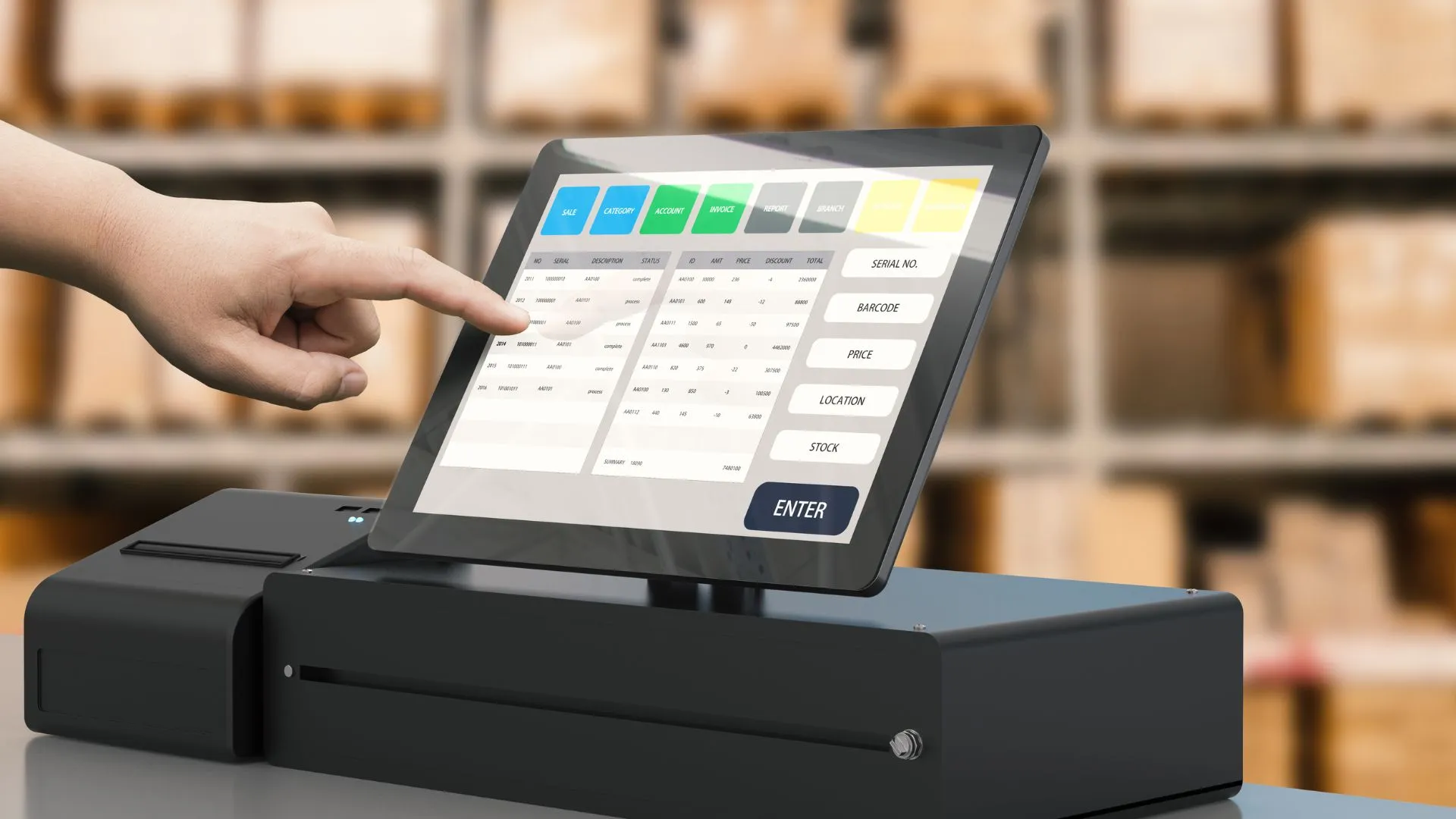Safeguarding the Bottom Line: Cybersecurity in the Financial Sector
In today’s digital era, the financial sector stands out in its quest for robust cybersecurity. With a shift towards online financial transactions and reduced use of physical cash, the emphasis on data security has never been higher. Fortunately, the financial industry has long prioritized robust data security measures.
For financial institutions, ensuring the utmost security isn’t just a requirement—it’s foundational for trust. Both the European Union and Polish laws have stringent data security standards for these institutions.
This draft EU regulation seeks to standardize digital resilience across member states. As highlighted by EY experts, it emphasizes the continual enhancement of an organization’s tech and operational integrity.
Soon to replace the existing NIS, this directive broadens its scope. Beyond banks, it will now cover entities such as insurance companies. Its provisions range from incident handling to ensuring compliance with cybersecurity risk management measures.
This regulation guides the secure adoption of cloud technologies in the financial sector. It underscores the importance of regular monitoring and testing of cloud services. While it doesn’t prescribe specific technologies, it offers a roadmap for compliance and strategic implementation.
Additionally, cybersecurity intertwines with personal data protection, a top priority for banks and financial institutions. This further highlights the significance of regulations like the RODO.
Financial institutions are continually seeking tech partnerships to enhance cybersecurity, driven by consumer demand and regulatory pressures. Key IT security activities include:
- Risk analysis and IT audits.
- Business continuity plans.
- Security Operations Center (SOC) services for 24/7 security event monitoring.
- Network Operations Center (NOC) services to counteract network disruptions from various causes.
The challenge of maintaining a dedicated, top-tier cybersecurity team is driving many organizations towards outsourcing. This model offers efficiency, flexibility, and cost-effectiveness, eliminating concerns about training, infrastructure maintenance, and team scalability.
Outsourced services can range from part-time security officers to fully-fledged security teams, all tailored to an organization’s needs and budget.
Curious about how outsourcing can bolster your organization’s cybersecurity? Contact Euvic today for a tailored solution.
Euvic is a competitive advantage for us. The technical excellence that Euvic has brought is not easily matched and their support has become integral to our growth strategy.

Euvic is a competitive advantage for us. The technical excellence that Euvic has brought is not easily matched and their support has become integral to our growth strategy.

Euvic is a competitive advantage for us. The technical excellence that Euvic has brought is not easily matched and their support has become integral to our growth strategy.

Talk to Your Local Euvic Team















.webp)








































































